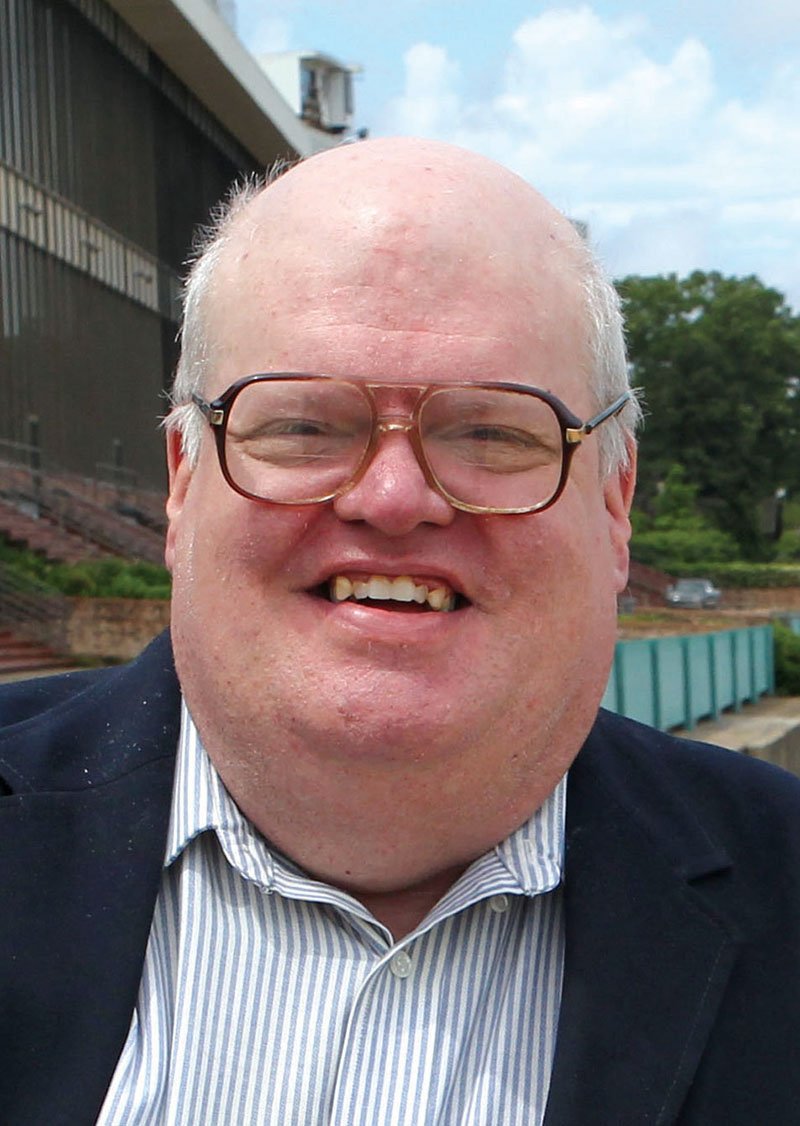Game 1 of the World Series is on a Texas field for the first time, an appropriate place to begin this session on baseball history and geography.
Nothing wrong with a Houston-Washington Fall Classic, mind you, although a fourth World Series in this decade involving a Texas team (two each for the Astros and Rangers) might surprise you.
The prospect of the first World Series game in the nation's capital since 1933 (Senators vs. Giants) makes one guess who will throw the ceremonial first pitch. Donald Trump could continue a presidential tradition started by William Howard Taft, although then wouldn't Joe Biden, Bernie Sanders, Elizabeth Warren and other Democrats demand equal time?
Houston and Washington might test a theory espoused here about the Super Bowl, that people will watch no matter which teams are playing. I just question how Astros vs. Nationals will go over in main-stream markets like New York, Chicago and Los Angeles. Think what TV ratings the first Yankees-Dodgers Oktoberfest since 1981 might have generated. (Last year, it was Boston vs. Los Angeles, a TV advertising executive's dream.)
Those with a keen sense of history might know that the Nationals are the former Montreal Expos, a Major League Baseball expansion franchise of 1969. Purchased by MLB in 2002, the Montreal franchise was moved to Washington in 2005, the first franchise relocation in the sport since the third Washington Senators moved to Arlington, Texas, in 1971.
Houston arrived on the MLB landscape in 1962, joining the American Football League Oilers (who would leave in the 1990s for Nashville, Tenn.) The original Colt 45's became the Astros after moving in 1965 to Harris County Domed Stadium, better known as the Astrodome or the Eighth Wonder of the World. With the possible exception of the NFL's Denver Broncos, the Astros may have played in more ugly uniforms than any sports team. But that exploding scoreboard was something to see.
Rewinding the time machine further, the original Washington Senators, for which Walter Johnson and Frank Howard played (so, too, did Denny McLain, his career in decline), became the Minnesota Twins in 1961. That franchise, with Harmon Killebrew and Tony Oliva, played the Los Angeles (former Brooklyn) Dodgers in the 1965 World Series, a seven-game set in which Sandy Koufax, arthritic elbow and all, shut out Minnesota in games 5 and 7. (Sandy -- can he really be 83? -- famously declined to pitch the '65 Series opener because it fell on Yom Kippur, the Jewish day of atonement.)
The '65 Dodgers won a third World Series in eight years since moving from Brooklyn. Dodgers vs. Yankees became such regular October viewing, before and after the Dodgers went west, that you almost expected Ralph Kramden, Jackie Gleason's "Honeymooners" character, or Jed Clampett, from "The Beverly Hillbillies," to throw out the first pitch one day.
Doing the math over the weekend, I was surprised to learn that this is the first decade neither franchise will win the Fall Classic since before Babe Ruth was sold to the Yankees in 1920. Everything changed after the Yankees pried Ruth loose from the Boston Red Sox, whose owner fancied himself more as a Broadway impresario than as a baseball executive. For one thing, the Yankees came to dominate the sport for decades -- producing one top star after another, from Ruth to Gehrig to DiMaggio to Mantle to Derek Jeter and Mariano Rivera. And the Red Sox went 86 years, from 1918 to 2004, without winning the Fall Classic.
Those Yankees were famous for "five o'clock lightning," coming from behind in late innings and usually with the long ball. Game 6 in the American League Championship Series Saturday night followed the same script, New York dramatically tying the game with a two-run homer in the ninth when a double play would have ended it for Houston. Alas, in a sport increasingly dominated by home runs and power pitching, no other Yankee could replicate DJ LeMahieu's opposite-field shot that fell just behind Astro right fielder George Springer's glove.
So it went to the bottom of the ninth, 4-4, New York able to win only in extra innings and Houston getting, as kids say on the schoolyard, "last bats."
Aroldis Chapman, the Yankees' imposing reliever who throws from the left side and with great velocity, retired the first two men, and a long night of baseball watching appeared likely. But not for long: Springer drew a walk and Jose Altuve hit one to Waco, it seemed. Astros 6-4, with a puzzling smile on Chapman's face as Altuve circled the bases.
Though for the Yankees on this night, I was equally bemused, reminded again that even after a long day of watching football, October baseball has a hypnotic effect on the viewer. And that Babe Ruth, though not known as a philosopher, may well be right when he said baseball is "the only real sport, I think."
So, even if George Strait sings the tune associated with Frank Sinatra, start spreading the news: The Astros are going back to the World Series.
Astros vs. Nationals may not be the matchup you wanted but, to quote the great Red Smith, it's the only World Series in the only world we know. Starting tonight in Houston, it's submitted for your approval.
Sports on 10/22/2019
